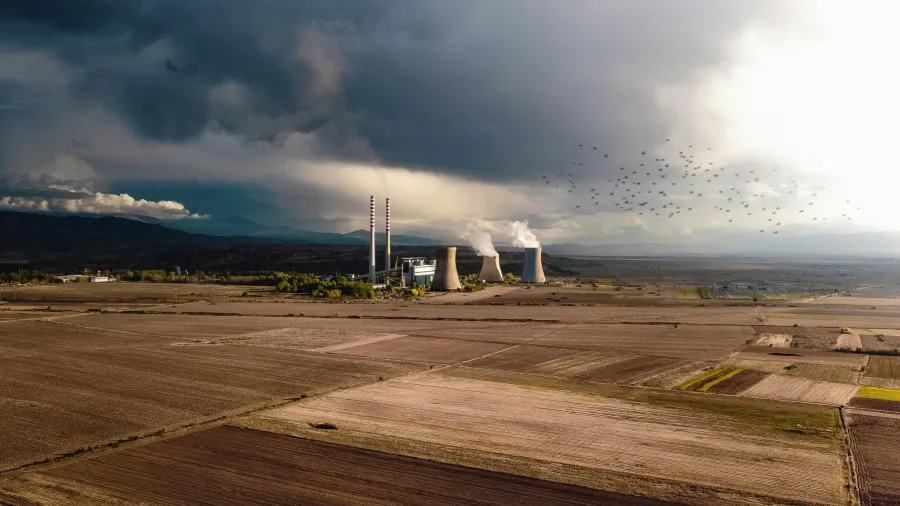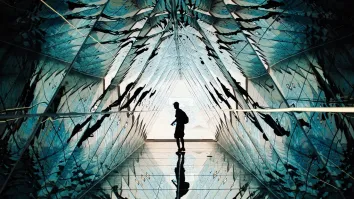
High costs and delays make SMRs a risky bet for energy transition
The price of a China SMR project was triple its initial projections.
Small modular reactors (SMRs) remain too expensive and slow to build, making the sector “too risky” to be adopted for energy transition in the next 10 to 15 years, according to a report by the Institute for Energy Economics and Financial Analysis (IEEFA).
The SMR industry is still mired in cost overruns and schedule delays, contrary to the claims of proponents that the price and construction times of such technologies will be quicker and cheaper than previous nuclear projects.
For example, the expected cost of SMR projects in Russia increased by over 300% from initial estimates, according to IEEFA, noting that the final costs will be even higher since the two units have not reached commercial service operations until 2019.
Meanwhile, the cost of the 150-megawatt high-temperature gas-cooled reactor in China, the Shidao By 1 SMR, was triple the initial cost projections.
“The comparison between building new SMRs and building renewable energy couldn’t be clearer,” said Dennis Wamsted, IEEFA energy analyst and co-author of the report.
“Regulators, utilities, investors and government officials should acknowledge this and embrace the available reality: Renewables are the near-term solution,” he added.
IEEFA recommended that regulators should craft restrictions to prevent delays and cost increases to ratepayers when approving SMR proposals.
Utilities companies planning SMRs should be required to compare the uncertain costs and completion dates with the known costs and timetables of renewable alternative constructions.
Investors and bankers should conduct due diligence when assessing SMR proposals, whilst governments should also require publicly available construction costs and schedules to make stakeholders aware of the SMR-related financial risks.







![Cross Domain [Manu + SBR + ABF + ABR + FMCG + HBR + ]](https://cmg-qa.s3.ap-southeast-1.amazonaws.com/s3fs-public/styles/exclusive_featured_article/public/2025-01/earth-3537401_1920_4.jpg.webp?itok=WaRpTJwE)









 Advertise
Advertise


